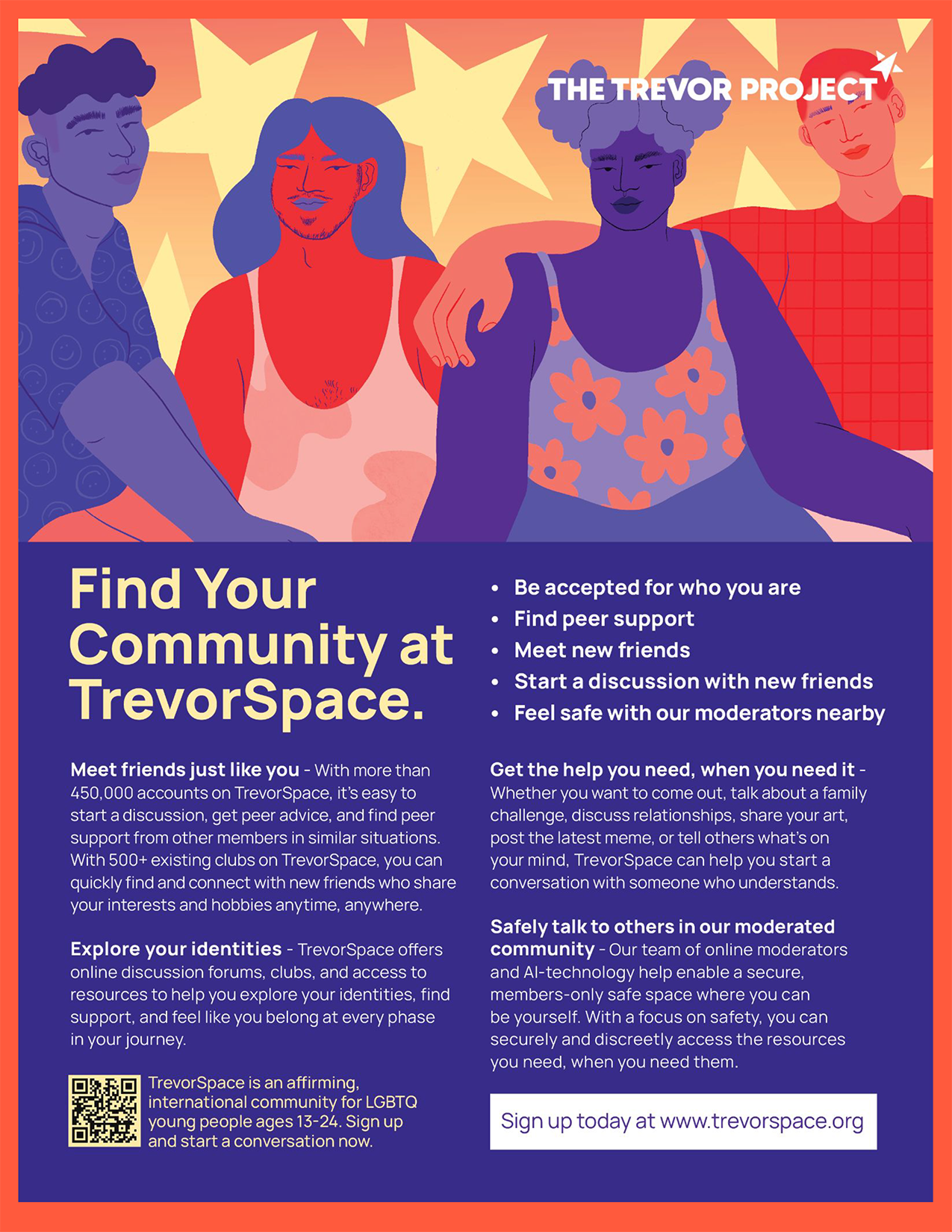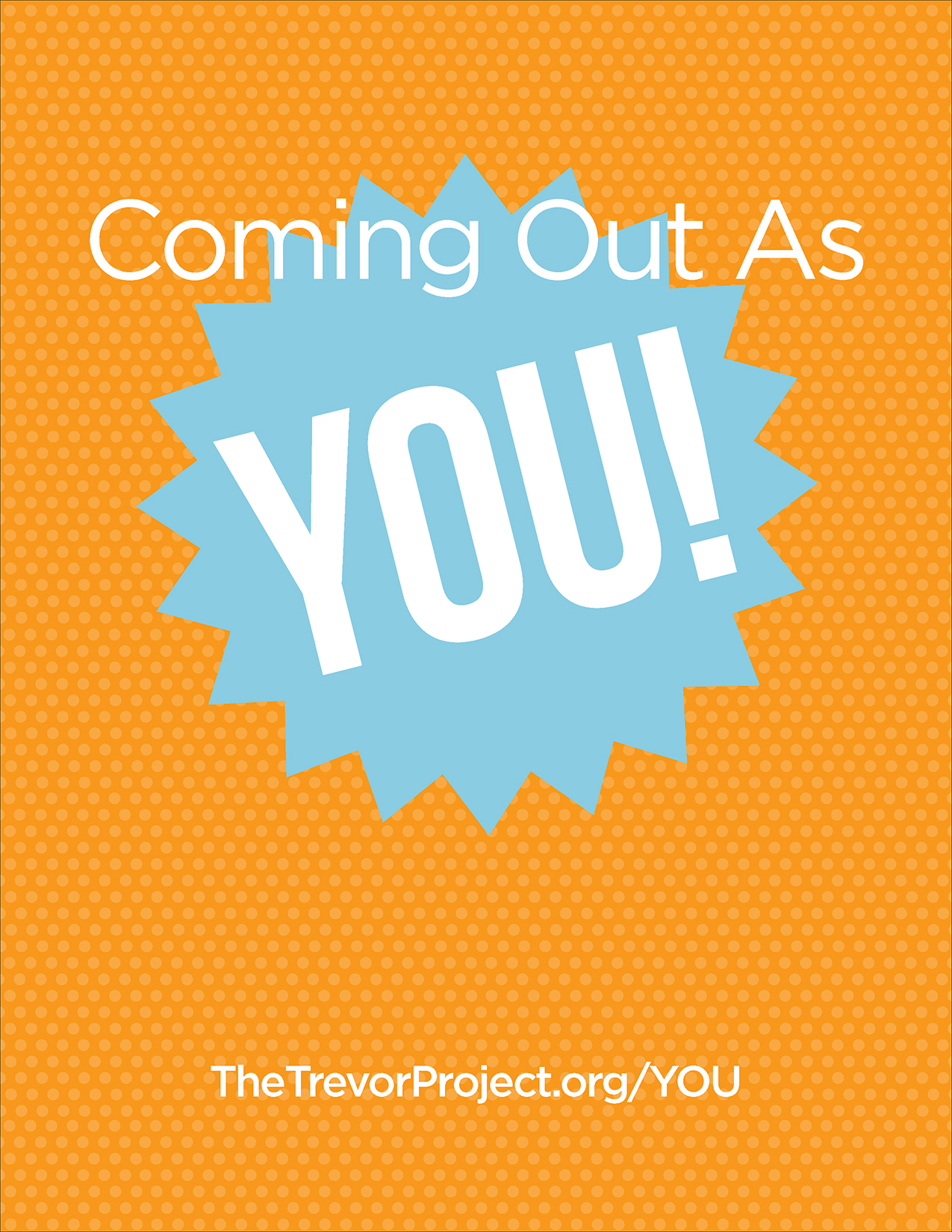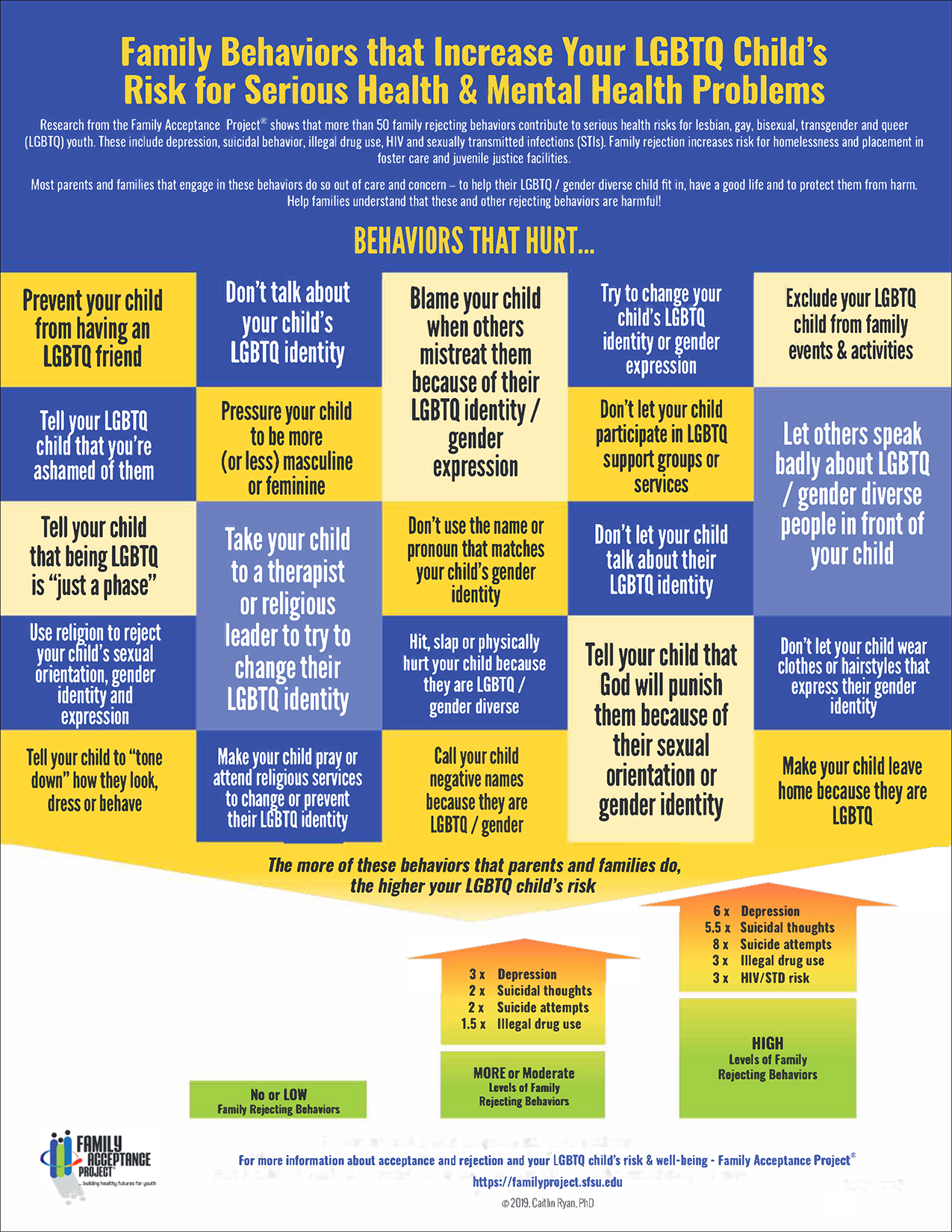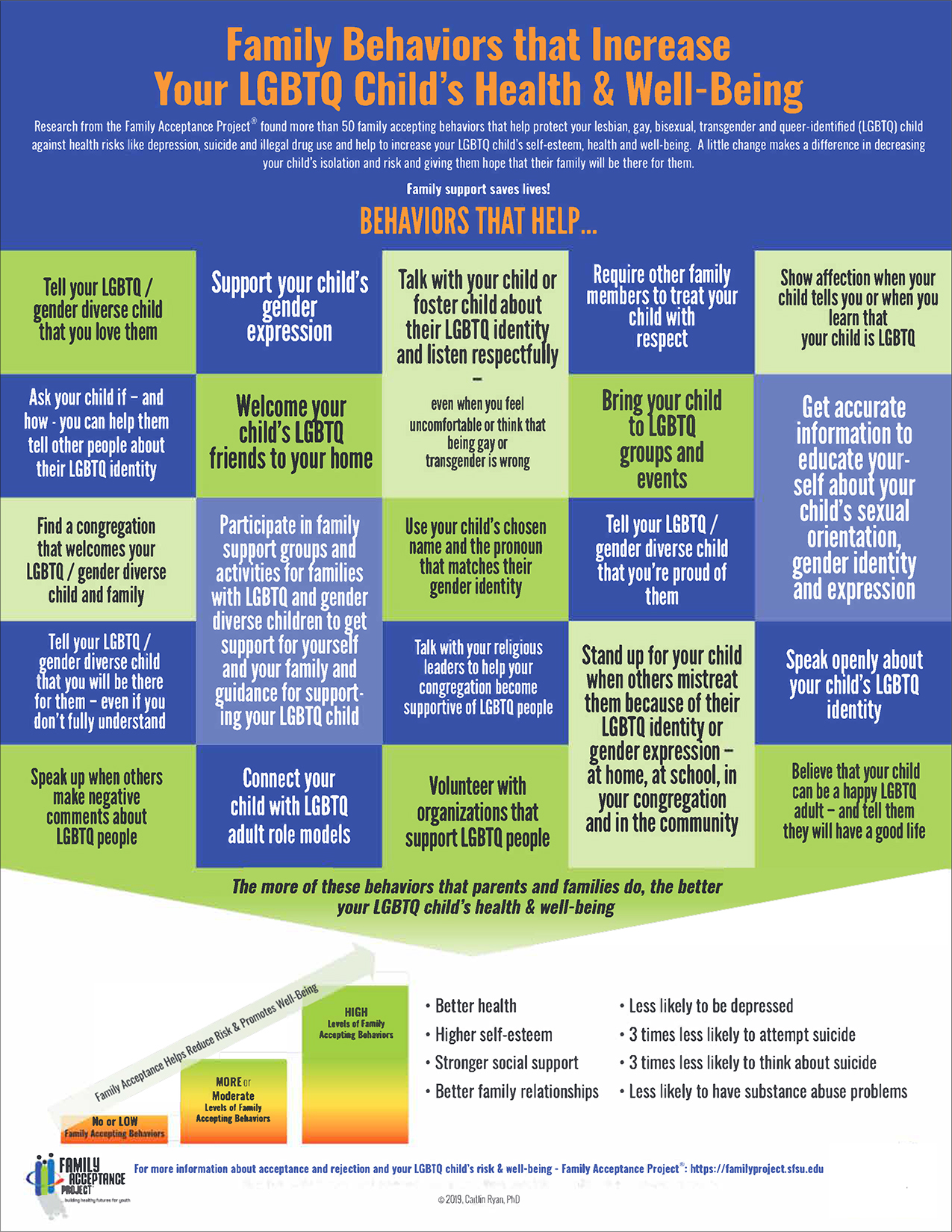LGBTQIA+
Youth
Dallas County Health and Human Services - 2377 N. Stemmons Freeway, Dallas, TX 75207
Telephone: 214-819-2000
DCHHS strives to provide resources for LGBTQIA+ youth who are needing support, looking for a safe space to connect, or seeking guidance on health and well-being. You are seen, valued, and never alone. For our allies, teachers, parents and guardians, we have information on building a safe environment for LGBTQIA+ youth and information on how to stop bullying. Help us build a safe space for our future generation!
 | 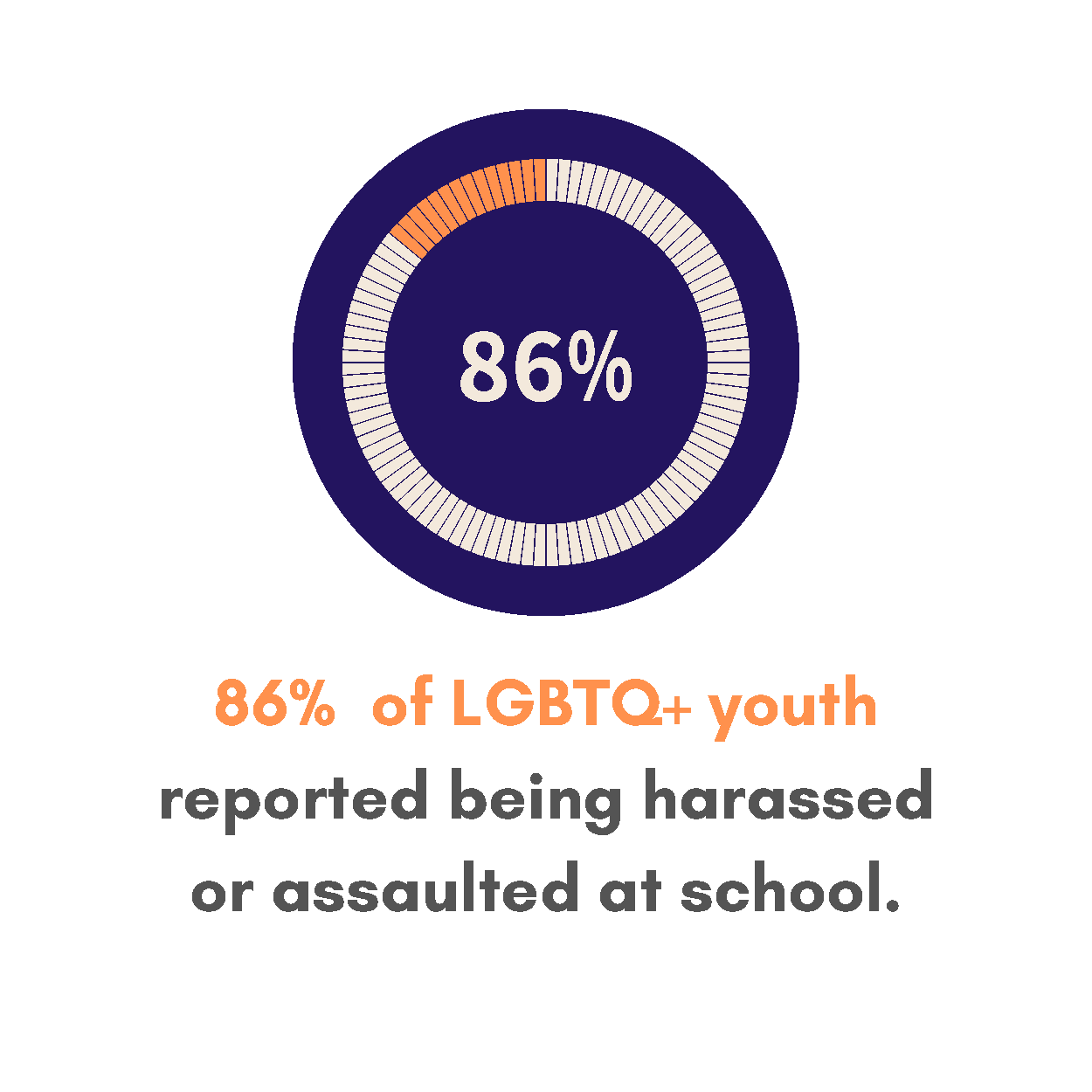 |  |
Family acceptance plays a vital role in the health and well-being of LGBTQIA+ youth. Supportive families can significantly reduce feelings of isolation, depression, and anxiety, while encouraging resilience and positive self-esteem. Investing in acceptance helps young people thrive emotionally, socially, and academically.
- Learn more at: https://lgbtqfamilyacceptance.org/
Coming out is an incredibly personal decision. There is no right or wrong way to do it but taking stock of who in your life supports you can make a big difference. For a lot of people, coming out doesn’t just happen once. A lot of folks find themselves coming out at different times to different people: with a few friends online, with trusted family members, or just one person in their life
- There are lots of different ways to come out:
- Calling someone on the phone
- Sending someone a text
- Sending an email
- Writing a letter
- Talking with someone in person
Coming out to your doctor, nurse, psychotherapist or other healthcare provider can help ensure you receive the best healthcare for your needs. Be open with your healthcare provider and let them know if you are part of the LGBTQIA+ community or have any questions about sexual orientation. They can then focus on health concerns that may be more common in the community and connect you with supportive resources when needed.
- Tips for talking to your healthcare provider:
- Ask local LGBTQIA+ centers for a referral for a healthcare provider that are LGBTQIA+ friendly. You can also find providers here: LGBTQ+ Healthcare Directory
- Call the doctor’s office to ask if they are familiar with working with LGBTQIA+ patients or if the practice has LGBTQIA+ patients. Remember that you can remain anonymous during this initial phone call
- Be open with your healthcare provider early on in the appointment maybe even before you’re in the exam room or initially discussing your healthcare needs for the appointment
- Learn and know what to ask regarding specific health needs for individuals in the LGBTQIA+ community
- Consider bringing a friend or family member with you to your appointment if you do not feel comfortable going alone and being open with your healthcare provider
Frequently Asked Questions:
- I am not ready to come out publicly yet. Will my healthcare provider keep my sexual orientation private?
Yes. Your healthcare provider is legally bound to keep the conversations you have with them private. If you are under the age of 18 healthcare providers will not share sexual orientation with your parents unless you are in danger of harming yourself or others. - What if I do not feel comfortable coming out to my healthcare provider?
Try to find a provider you can connect and be open with. Finding a provider, you are comfortable with is important to your health. You can start by talking to someone who you already trust such as a friend or family member and ask them to come along with you to your appointment.
After thinking it through, you may decide to be out to yourself, but not to anyone else and that’s okay. Many people choose not to come out to others for different reasons. You are valid and deserve support no matter what.
For more information please visit the following resources below:
Lesbian, gay, bisexual, transgender, queer, intersex, nonbinary or otherwise gender non-conforming (LGBTQIA+) youth and those perceived as LGBTQIA+ are at an increased risk of being bullied. Being targeted because of one’s gender identity or sexual orientation can deeply affect mental health, self-esteem, and overall well-being. Every young person deserves to feel safe, supported, and accepted, regardless of who they are or how they identify. It’s crucial that we work together to create a culture of kindness, inclusivity, and respect – where bullying has no place, and every youth can thrive without fear of harm.
Definitions and Types of Bullying:
- Verbal Bullying: Using words to harm others, such as name-calling, insults or threats
- Physical Bullying: Hitting, pushing, or other forms of physical harm
- Cyberbullying: Using digital platforms to harass, spread rumors, or intimidate
- Social Bullying: Excluding someone from a group or spreading gossip to damage their reputation
Resources:
Building a Safe Environment for LGBTQIA+ Youth
Schools can play a role in preventing bullying and ensuring that all students feel included and safe.
- Encourage respect for all students.
- Encourage student-led and student-organized school clubs that promote a safe, welcoming, and accepting school environment.
- Prohibit bullying, harassment, and violence against all students.
- Use inclusive language. For example, using “y’all” when referring to a group conveys a safe space for students who are non-binary.
- Identify “safe spaces”, such as counselors’ offices or designated classrooms where LGBTQIA+ youth can receive support from school faculty/staff.
- Use students’ chosen names and pronouns.
Learn more:
Mental Health Hotlines for Crisis Support
The Human Rights Campaign’s Mental Health Resource page offers LGBTQIA+ individuals and allies a comprehensive list of supportive services, guides, and hotlines. It highlights the importance of affirming mental health care and connects users to inclusive providers and crisis resources tailored to the LGBTQIA+ community.
View the full resource here: www.hrc.org
A Mental Health Resource Center
The LGBTQIA+ Mental Health Resource Center by Mental Health America offers supportive tools, educational materials, and provider guidance to help LGBTQIA+ individuals navigate mental health care. It promotes supportive practices and highlights the importance of culturally competent support for well-being.
View the full resource here: https://mhanational.org
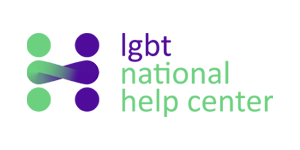
LGBT National Help Center
Serving the lesbian, gay, bisexual, transgender, queer & questioning community by providing free and confidential peer-support and local resources. Includes hotlines, online peer support, and weekly moderated weekly chatrooms.
- Youth Talkline: 1 (800) 246-7743
- https://lgbthotline.org
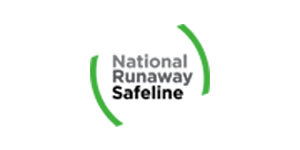
National Runaway Safeline
National Runaway Safeline has been responding to youth and families in crisis, serving as the national communications system for runaway and homeless youth.
- Call 1-800-RUNAWAY hotline (1-800-786-2929), you can connect with a trusted, compassionate person who will listen and help you create a plan to address your concerns
- www.1800runaway.org
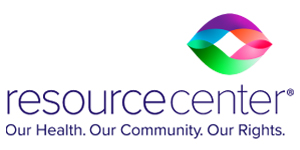
Resource Center
Resource Center is dedicated to empowering the LGBTQIA+ community and all people living with HIV/AIDS. They have several support groups, that can be a place for everyone. The groups host regular meetings so it’s easy to get connected and stay connected with a social and supportive community.
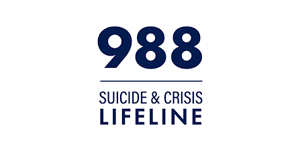
Trevor Space
Trevor Space is an affirming international community for LGBTQ young people ages 13-24. Sign up and start a conversation now.
QUICK LINKS
LOCATIONS
EMPLOYEES
-
You must be on the network to see these links.

